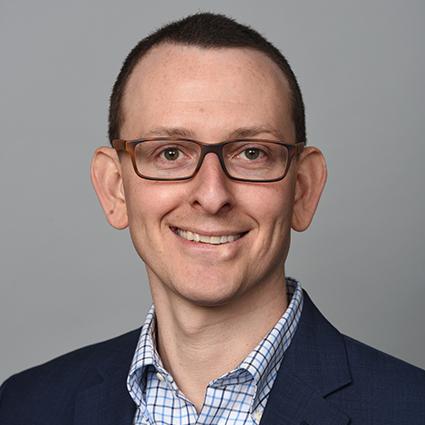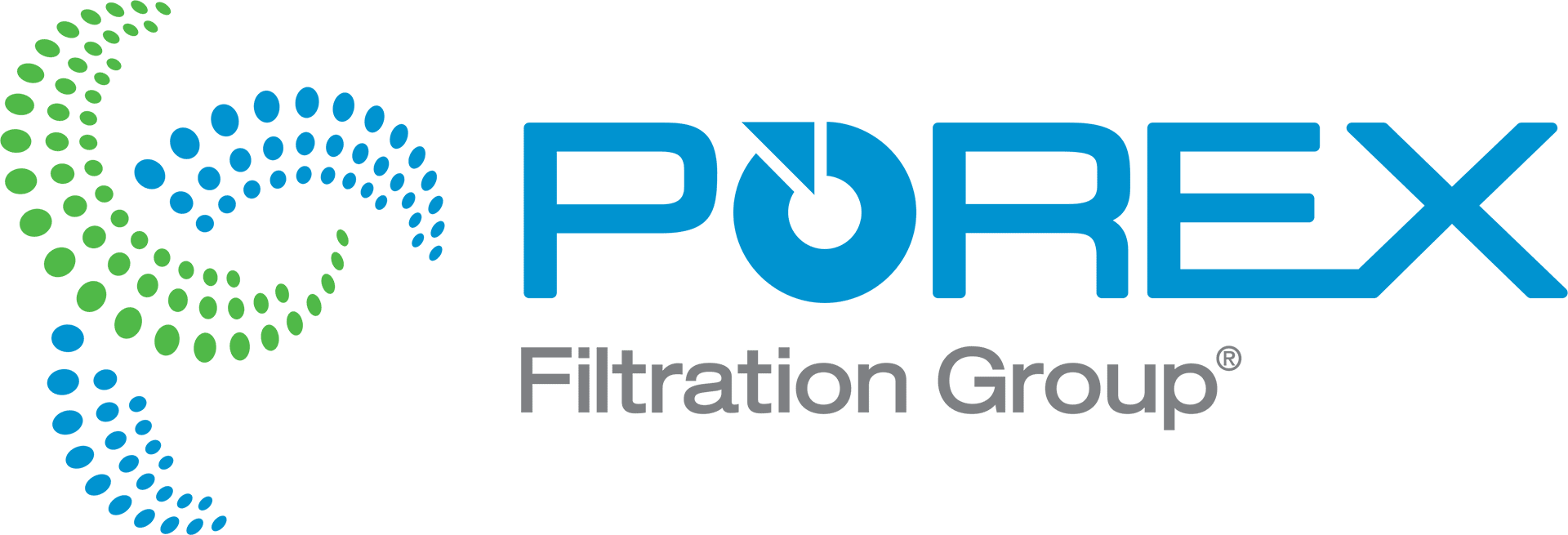Recorded on:
October 06, 2020
13:00 Malaysia Standard Time
14:00 Japan & Korea Standard Time
15:00 Australia Eastern Standard Time
10:30 India Standard Time
Porous polymers are the little-known science inside many of the products we use every day, providing key functionalities to products as diverse as coloring markers and pregnancy tests. In this presentation, learn about the various porous polymer technologies – sintered plastics, bonded fiber, and open-cell foam – and how each can be used to design more sustainable products. More sustainable design options include the use of recycled plastic resins, bio-based polymers, and biodegradable resins instead of single-use plastics. In addition, porous polymers can impact sustainability through decreased waste creation, increased energy efficiency, or decreased off-gassing of VOCs.
We will explore how each porous technology can be used to improve absorption, application, diffusion, filtration, venting or wicking inside finished products across different industries. Achieving increased sustainability requires different technical considerations based on the technology and functionality, and we will explain how best to design with sustainability in mind.
Perfect for design and manufacturing engineers who have a potential design concept for a sustainable product or product packaging, this webinar will explore how the porous polymers can be used to design functional components that increase the sustainability of the overall product while maintaining optimum performance.
What you will learn in the webinar:
- Understand how to design material functionality with sustainability in mind
- Learn how various post-industrial and post-consumer recycled materials can be used in place of single-use plastics across each type of functionality and porous technology
- See sustainability in action with specific application examples
*This webinar is not available to Porex competitors.
Register to watch the on-demand webinar with Q&A

Host Biography:
Avi Robbins, Vice President of Global Product Development and R&D at Porex
Avi Robbins is the Vice President of Global Product Development and R&D. He joined POREX in 2010. Mr. Robbins has an array of technical and commercial experience in a variety of material and manufacturing technologies as well as markets globally. He was previously with Facet Technologies, an Atlanta based Medical Device Design and Manufacturing company focusing in the diabetes space holding a variety of positions such as R&D Management, Operations Engineering Management, and Program Management. Mr. Robbins has his Bachelor’s and Master’s Degree in Mechanical Engineering from Georgia Institute of Technology as well as a Master’s Degree in Business (MBA) from Emory University.

